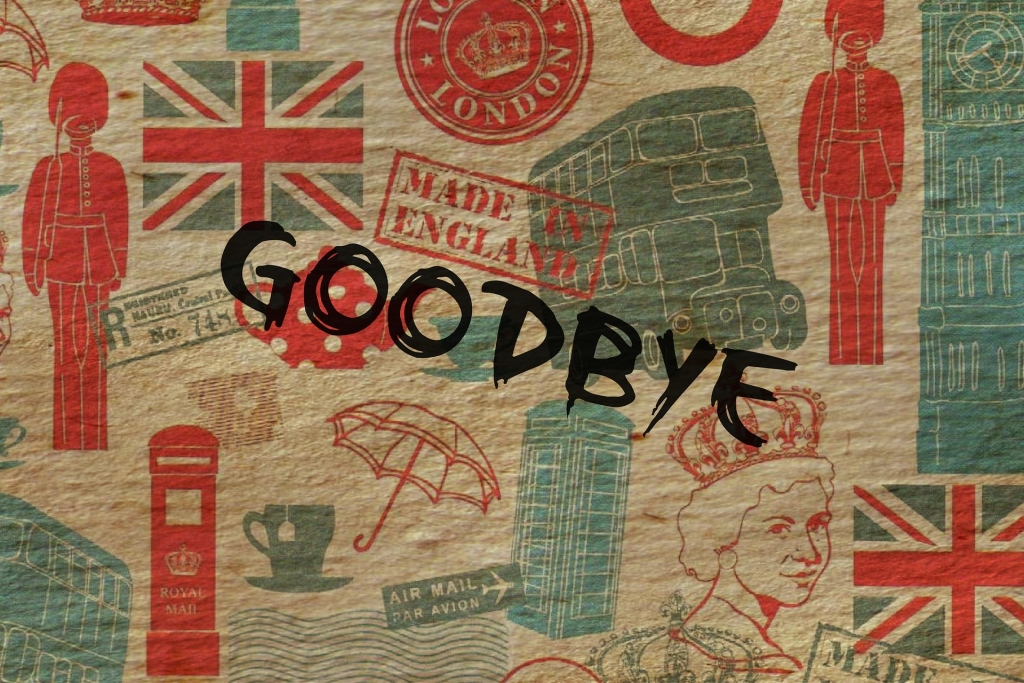
We were sad to learn of the impending closure of Amelie and Friends, a beautiful and unique little restaurant in Chichester. Owner Andrew Cohen has cited Britain’s decision to remove itself from the European Union as a primary reason for a significant downturn in bookings.
Cohen has coined the reason behind a dramatic drop in trade the ’Brexit effect’. “Ten days ago we were delighted with the restaurant. It was popular, profitable and getting good reviews. We were very positive about the future, we had our best-ever month’s trade in June,” he said. “But as soon as the vote result was announced, the number of bookings reduced to less than half the level we would expect at this time of year.”
A knee-jerk reaction? Perhaps. There are very few people who can offer a solid estimation of exactly how the Brexit will affect any industry, let alone the restaurant sector, and it seems unlikely that a reduction in bookings so soon after the vote could be solely down to the result.
The Amelie and Friends boss makes an interesting point, though, which is the potential impact Brexit has already had on consumer confidence. And he’s not alone. If you believed the rumours, there were strong suggestions leading up to the referendum that Nando’s would close all of their UK restaurants in the result of a Brexit win. They have since quashed the rumours but, regardless, there’s rarely smoke without fire.
So, what possible effect could Brexit have on the restaurant sector? It’s early days, but we think there are 3 areas on which restaurateurs should maintain a close eye.
Employment
It is believed that around 28% of the UK’s restaurant workforce is foreign-born with half of them having travelled from EU countries. A skill shortage in the UK has made talent from abroad absolutely invaluable and the uncertainty brought about by the Brexit may manifest itself in a disenchanted foreign workforce that is already shuffling uncomfortably in its chair.
The ability for restaurants to retain key EU staff may prove tricky in the coming months and, following the delivery of Article 50, bringing in new EU talent to plug skills gaps within the British workforce could become completely counter productive, cost-wise.
Contracts
Supplier contracts are the lifeblood of most restaurants and those that have been secured with EU businesses and nurtured over many years of trade are suddenly at risk. Renegotiation will likely be required plunging both restaurateurs and the suppliers themselves into unknown territory. With no single market to lean on, the ability to secure deals that work for both parties may become increasingly difficult.
Leave campaigners will of course argue the opposite. The opportunity to renegotiate contracts on the terms of the restaurant may, in fact, put them in a far greater position of power and result in more favourable supplier contracts.
Non-EU migrants
There’s another side to the employment debate, too. Restaurants that depend on foreign workers from non-EU countries like India and Bangladesh believe the EU’s policy on immigration from such regions is far too restrictive, resulting in a shortage of skilled staff in key positions.
Consider the nation’s love for a good curry. Many Indian restaurants hope that the absence of EU immigration restrictions will finally enable them to have the pick of the talent from the countries whose food they bring to our shores. And that can only be a good thing for diners.
Summary
We are in the very early stages of the Brexit – that should never be overlooked. For every naysayer, there’ll be someone who’ll claim everything is going to be far better as a result. Only time will tell, but there are few sectors as resilient as hospitality when it comes to standing on its own two feet and battling against strong economic tides.


Leave A Comment